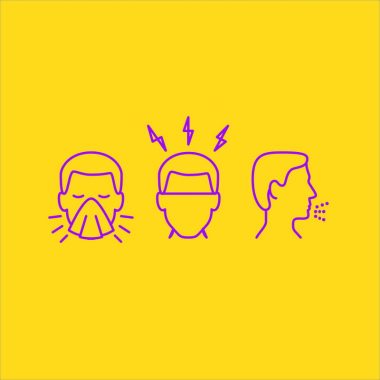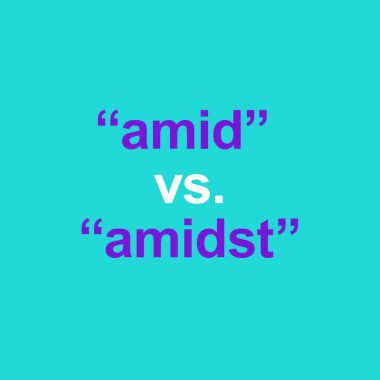“Antibiotic” vs. “Abiotic” vs. “Antibody”: What Is The Difference?
by John Kelly, Senior Research Editor at Dictionary.com In our article on virus vs. bacteria, we noted that vaccines can work on both viruses and bacteria. Antibiotics, however, are only effective against bacteria. But what is an antibiotic, exactly, and how is it different from another, frustratingly similar word: abiotic? And how do both of these words compare to antibody and antigen? This is a …











